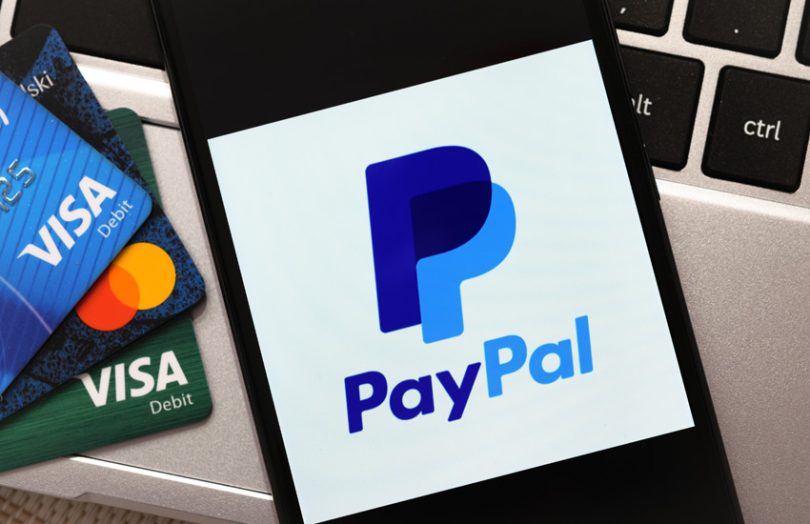With the justification that the update was sent out “in error,” PayPal has withdrawn a published policy that would have penalised users $2,500 for disseminating “misinformation.”
“Recently, an AUP notice that contained false information was distributed in error. Because this statement was never intended to be included in our policy, PayPal does not fine users for providing false information. To make our policy pages accurate, our staff are at it. We regret the uncertainty this has caused, a spokeswoman wrote in a statement to National Review.
The policy modifications had begun to draw media attention and criticism on Twitter before the course correction.

David Marcus, a former PayPal president, even criticised the corporation for implying that it may take money from consumers if it found their opinions disagreeable.
“I find it difficult to openly criticise a business that I once adored and gave so much to. But the new AUP from @PayPal goes against everything I stand for,” the cryptocurrency businessman said on Saturday. “Now if you say something that a private firm disagrees with, they get to decide whether to take your money. Insanity.”
Elon Musk, a giant of technology, answered, “Agreed,” in a comment that received a tonne of likes.
According to the policy modification, among other newly mentioned infractions, the corporation was permitted to take a sizable amount of money from the accounts of users who disseminate “misinformation.”
The Daily Wire was the first to disclose that the new terms would be included in the PayPal User agreement’s restricted activities section as of November 3. Restrictions on “the sending, uploading, or publication of any messages, content, or materials” that “promote disinformation” were among the changes.
Although “hate,” “intolerance,” and discrimination were already prohibited by the previous policy, the new one would have specifically applied to particular “protected groups” and “individuals or groups based on protected characteristics.” Race, religion, gender and/or gender identity, and sexual orientation all fell under this category of identities.
These terms are not included in the firm’s current rules. Uncertainty surrounds PayPal’s decision to remove the “misinformation” clause rather than other restrictions on “discriminatory” language.
The business had initially cautioned that violating the policy against false information and hate speech “may expose you to damages, including liquidated damages of $2,500.00 U.S. dollars per violation, which may be deducted immediately from your PayPal account.”
Account holders acknowledge and agree in a user agreement that the fine is “currently a reasonable minimum estimate of PayPal’s actual damages” because of the cost the company faces in keeping track of the infractions and the harm to its reputation.
Peter Thiel, who established PayPal, has backed numerous GOP up-and-comers and “conservative” economic endeavours. The business was bought by Ebay in 2002, and it has been run since then. PayPal has a history of deplatforming or censoring organisations or people for certain political reasons in recent years.
It recently outlawed Gays Against Groomers, a group of LGBT people who claim to raise awareness of the sexualization and medicalization of youngsters through transgender activism and gender ideology.
A short while afterwards, Venmo, a division of PayPal, apparently denied the group access. Also expelled were evolutionary biologist Colin Wright and writer Ian Miles Cheong, who frequently highlighted the risks of transgenderism for youngsters.











